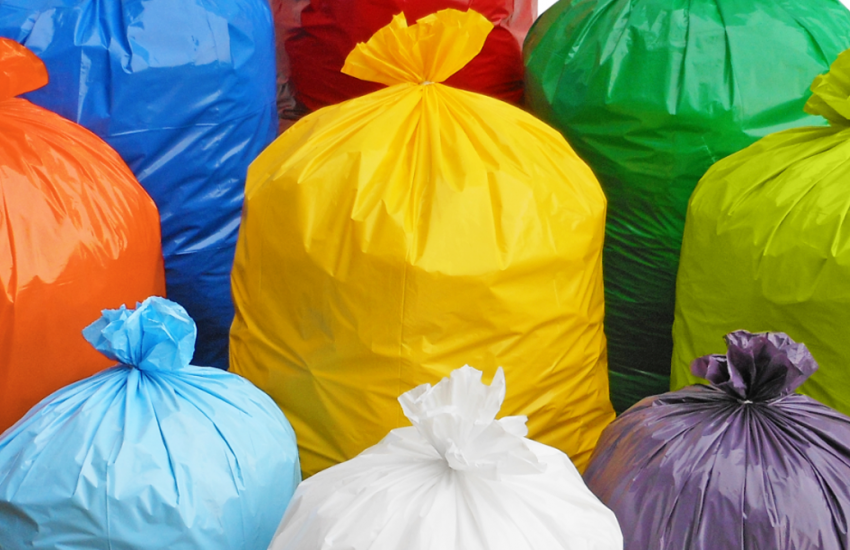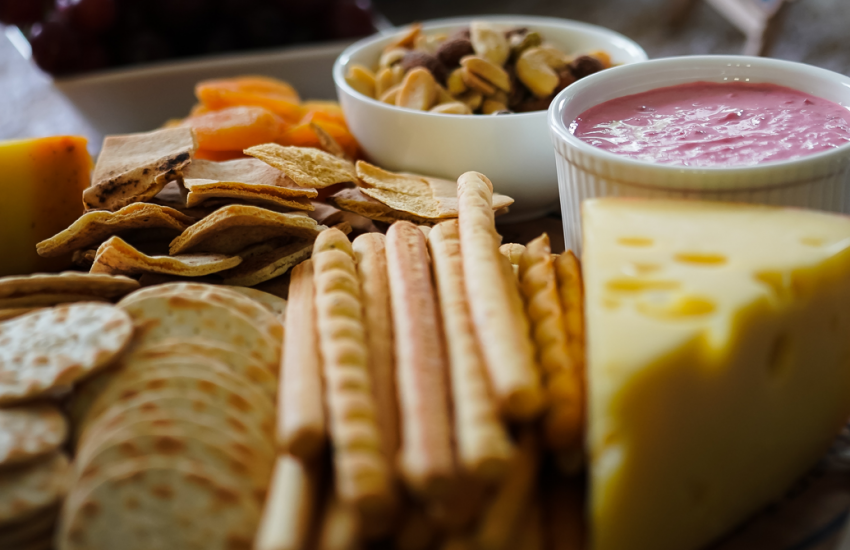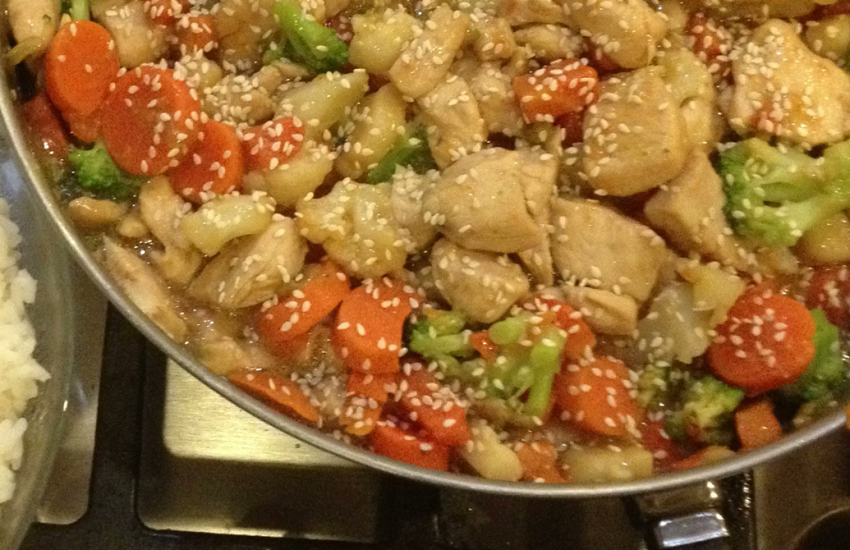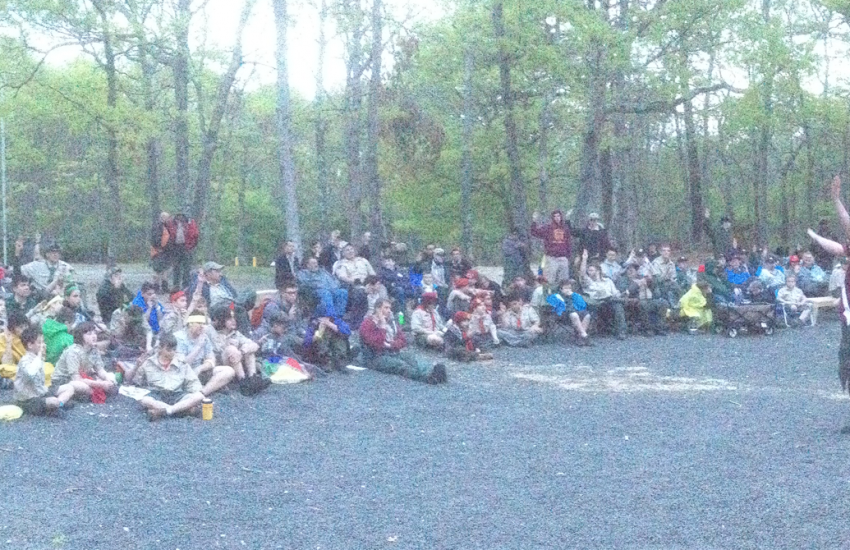How to organize your outdoor experience to maximize what you use and what you throw away in the outdoors.
Show Notes:
- Dispose of Waste Properly (Scouting.org)
- The Ultimate Guide to Zero Waste Camping
- Camping with a conscience
- Reducing Waste and Protecting the Environment on Camping Trips
Transcript:
Unless you are doing predominately backpack type camping most troop in my area do a sort of car type camping, where you have a gear vehicle and it contains the majority of the tents, equipment and food. When you get to you destination, all this gets unloaded into the site for use and consumption.
The garbage you pack out is the remainder of these food stuffs you brought in.
Now, without doing any special planning you can end up with multiple garbage bags full of organic food stuff, boxes, bags and spent paper towels. If you are lucky, they have dumpsters available to use, if you are not so lucky, you need to haul it out with you.
I have observed that the cub scouting program will produce 1 ½ to 2 times the amount of trash than boy scouting units. In general I think this is because they have less experience out camping, and for most cub camping dumpsters are readily available.
Waste is something we struggle with in my own unit, and we spend a bit of time each year at least reviewing how to eliminate some of it.
To begin with it’s important to have a plan of what you are making in the outdoors.
As previously discussed, if you are making say a chicken dish, it’s easier to prepare in advance. But even if you don’t prepare in advance, if you take the chicken and wrap it in plastic wrap or put it in a zip lock bag, you’re already eliminating a fair amount of garbage.
The same is true for boxed items. The boxes exist to make the product appear uniform, and pleasing. After you have bought the items however there is little use for the box. By taking the enclosed bag out of the box you save space and have less waste.
Canned goods are also a good candidate for transferring to plastic zip-locks, and while I wouldn’t generally save the ones with raw chicken, the ones used for canned vegetables can be re-used, even frozen depending on when you are making the dish. It saves space, and doubles to keep your items cold.
The amount of food you prepare is also important. You don’t want to leave folks hungry, but making a giant pot of sauce to use ½ of it and toss the rest doesn’t make a lot of sense. Bringing out a couple of tupperwear containers let you take left overs home easily. You already have the cooler, which is mostly empty anyway, so why not use it.
At Philmont, the boy scout’s high adventure camp, they take this to the next level, in fact with food waste they teach you to make a broth out of the extra food, and then it’s someone’s’ job at every meal to drink the broth.
As a troop we try to limit our garbage to a single black garbage bag, and while in my opinion this is still too much, it is a manageable goal. But this is what works for us.
Take what you like and leave the rest, and as we say in Woodbadge, feedback is a gift, leave yours below in the comments, with the hope we can all learn together.
I’m Scoutmaster Dave, and this was managing food waste in the outdoors.




